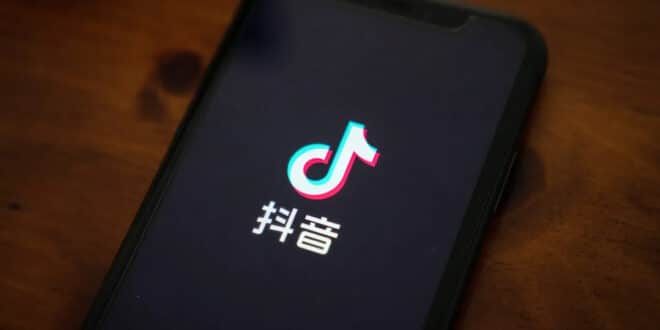Several internet celebrities in China, known for content on luxury or extravagance, have had their accounts blocked on social networks, at a time when the country is toughening its tone towards publications deemed vulgar or inappropriate.
In China, internet is strictly regulated and the country’s censors do not hesitate to digitally exclude individuals or companies in the crosshairs of those in power or who are likely to create unrest.
In April, China’s internet regulator launched a campaign to remove content from social media that “deliberately highlights extravagant lifestyles and ostentatious wealth.”
The Wanghongquanxing account, followed by more than 4 million subscribers and known for its videos of designer clothes, first class flights and its collection of jade jewelry, was no longer accessible Tuesday on Douyin, the Chinese version of Tiktok.
It is no longer visible “due to violations of Douyin community guidelines,” one post states tersely.
According to state media, the account was deleted earlier this month, along with those of several luxury-related influencers.
Covered in diamonds
It was the same for “Young Master Bo” (Bo Gongzi), the account of an influencer used in particular to filming himself behind the wheel of Rolls-Royce.
The account of “Shell Sister” (Baoyu Jiajie), an influencer who posted videos of her ornate mansion and was regularly seen covered in pearl and diamond necklaces, also seems concerned. Its content was no longer accessible on Bilibili, a Chinese equivalent to YouTube.
Douyin said on Monday that it will begin cracking down on fake news created out of thin air and spread on the social network with the sole aim of increasing the number of views.
“Douyin guides creators to bear witness to their true and good lives,” the company said in a press release.
Chinese President Xi Jinping regularly praises “common prosperity,” a policy initiative that aims to reduce economic inequality in a country with wide wealth gaps.
In 2021, Viya, then one of the most influential celebrities in China on the internet, disappeared from the country’s main social networks the day after a heavy conviction for tax fraud.
Viya was considered an emblematic figure of “tele-shopping” 2.0.
 AfricaTopSuccess They make Africa
AfricaTopSuccess They make Africa






